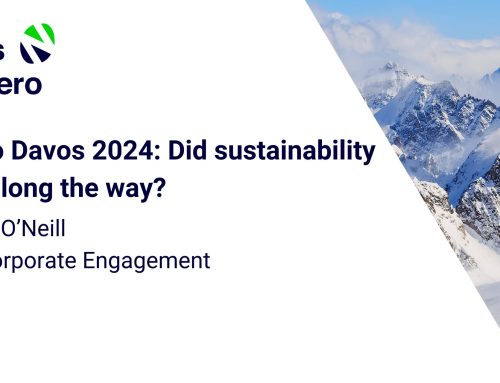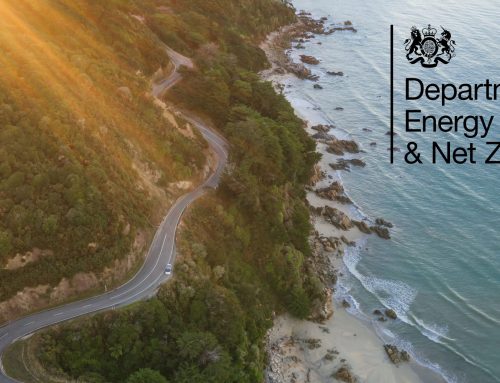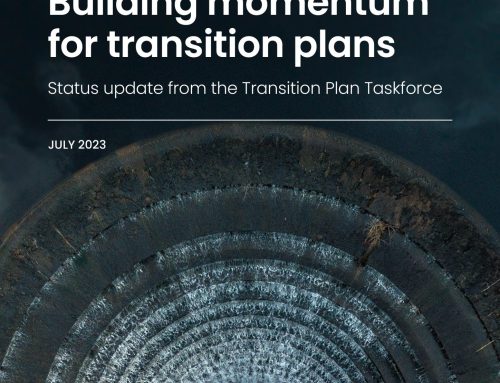26th September 2023
Last week I attended the New York Climate Week summit, speaking with leaders in global finance, business and civil society on how the finance and business are working to accelerate the transition to a secure, net zero future.
There is a phenomenal amount of work going into creating the frameworks and standards that businesses and finance need to navigate the complexities of our rapidly changing global economy.
The UK is known as a global leader in this space, with TCFD reporting being the gold global standard.
On Monday evening I attended the launch of the TNFD on the floor of the New York Stock Exchange. It was surreal to be in what is perhaps the most iconic embodiment of capitalism hearing how our global economy must change, and how business, finance, regulation and politics must adapt to meet the urgent, and very interdependent, needs of people and planet.
It is now wholly accepted that the global economy needs shift to a cleaner, greener future, and that the transition has already started. The ways that we measure and report risk and value have already fundamentally changed to go well beyond the bottom line.
When I speak to business and finance leaders and ask what the biggest barrier is to investing in the net zero transition nearly all, without fail, tell me it is “policy uncertainty”.
Indeed, the 2030 target for the ban of the sale of petrol and diesel vehicles is often cited as the best example of the policy clarity required for investment to flow and for markets to move.
Companies want to know that rule changes and regulation shifts are easy to understand, not too burdensome and have a fixed date for implementation.
Uncertain or shifting climate policy risks undermining investment and business confidence, with that uncertainty stifling strong growth in emerging green industries – an area the UK Government is keen to champion.
The key question is, then, who pays? Whilst we can talk about frameworks and metrics all day, we need to ensure that our transition is a Just Transition and that the SMEs and consumers don’t pick up the bill in what are already uncertain times.
But these barriers are not in any way insurmountable. You need only look the phenomenal work of the Green Finance Institute to see that the solutions are out there, but they require commitment, consistency and for the public and private sectors to work in tandem to deliver innovative solutions such as property linked finance and blended finance packages.
At Bankers for Net Zero, which convenes the UK country chapter for the UN’s Net Zero Banking Alliance, we have already been working with the government to find ways to mitigate increased regulation and reporting for companies – especially SMEs who may not have the resources. This summer we launched Project Perseus, which forms a core part of the Green Finance Strategy for SMEs.
Strong climate policy promotes innovation, job creation and efficiency gains through investments in green technologies and sustainable infrastructure.



